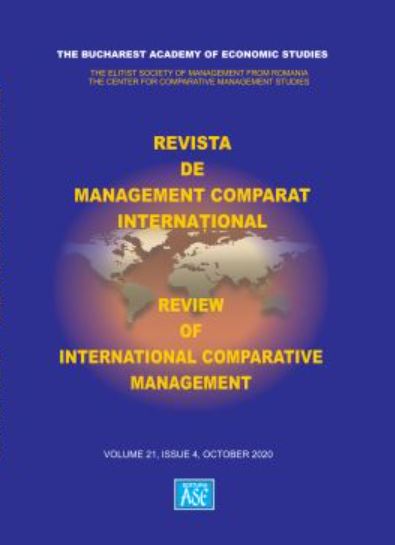
The Impact of Sustainable Transition of Automation on Employees in the Automotive Sector and the Influence of Corona Pandemic
The automotive sector have been hit hard by the corona pandemic and the future is showing that will be a shift towards automation. Automation is not a new phenomenon, and for years, robots have had an increasing role in automobile manufacturing and differs across sectors and activities. According to the sustainability trends, due to automation, business and future of work will be transformed. While automation will completely eliminate very few jobs over the next decade, it will affect portions of almost all jobs to a greater or lesser degree, depending on the type of work involved. The aim of this paper is to analyze the trend of automation in automotive sector and to see the impact of corona pandemic on employees.
More...